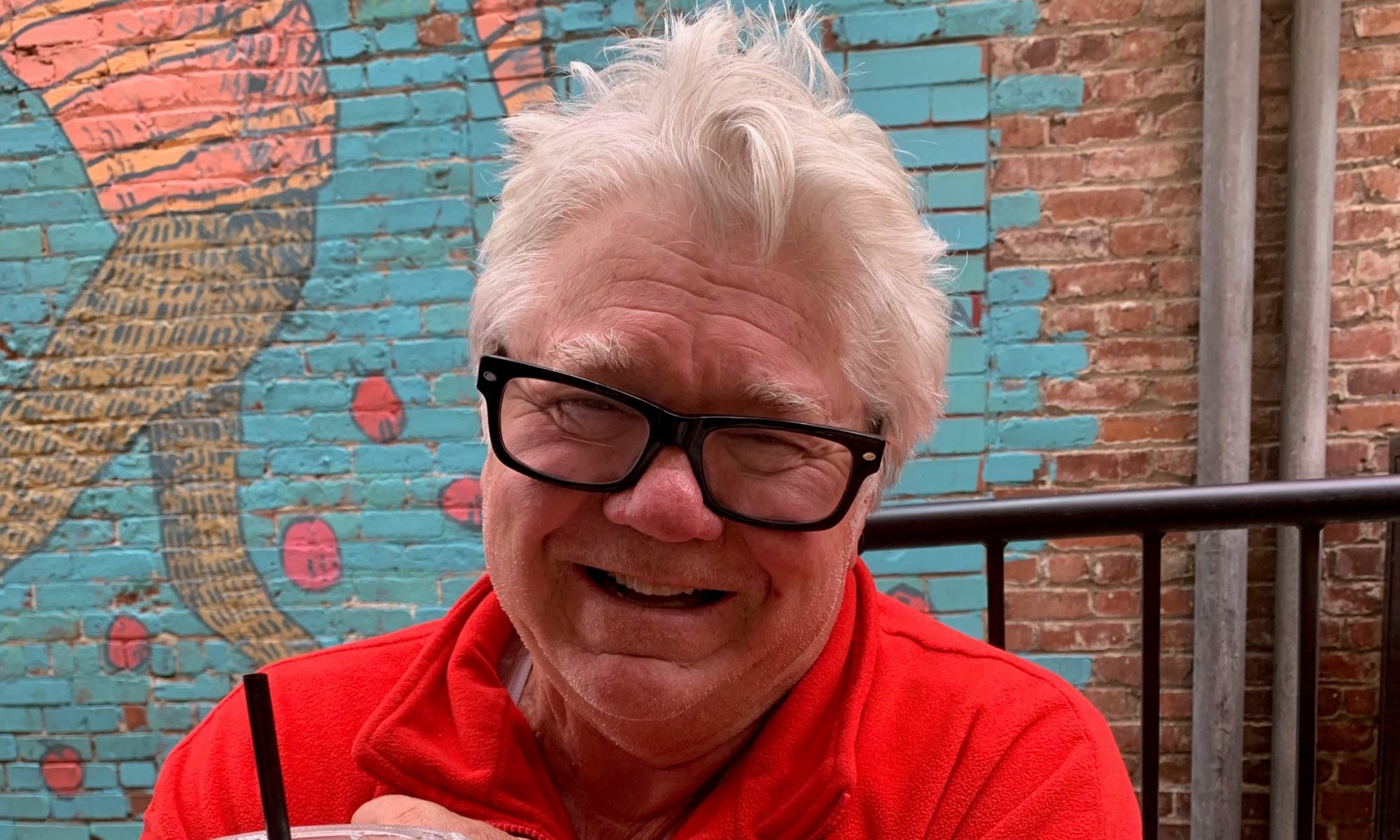A Redlands Connection is a concoction of sports memories emanating from a city that once numbered less than 20,000 people. From pro football’s Super Bowl to Major League Baseball, from dynamic soccer’s World Cup to golf and tennis’ U.S. Open, major auto racing, plus NCAA Final Four connections, Tour de France cycling, more top-flight tennis like Wimbledon, tiny connections to that NBA and a little NHL, major college football, Kentucky Derby, aquatics and Olympic Games, that sparkling little city sits around halfway between Los Angeles and Palm Springs on Interstate 10. In this story, perhaps Redlands is getting its biggest headline off this brilliant basketball connection. – Obrey Brown.
“Black” Jack Gardner’s Kansas State record, 147-81 (.645) was largely built over his final seven seasons when his mark improved greatly to 127-47 (.730). There were a pair of 20-win seasons and two Final Four appearances, including a championship game.
After helping that squad to back-to-back second-place conference finishes in 1952 and 1953, he handed reins of that program to his assistant coach, Tex Winter, in 1953.
It’s curious. In that 1953 season, “Black” Jack had Kansas State ranked No. 1 to start that season, his finale in Manhattan. No discussion on his part came from him off that jump, just this: “It was a nice move for me.”
Yes. Winter, who eventually served as Phil Jackson’s assistant coach on NBA championship teams in both Chicago Bulls and Los Angeles basketball, pioneered that eventually well-known, triple-post attack.

Yes, that ex-Redlands High star from the 1920s, Gardner, coached against the greats. His Utah team, 23-3 in 1961-62, beat John Wooden’s UCLA Bruins, 88-79, at L.A.’s Sports Arena. Those were UCLA’s pre-dynasty days, in fact. In that same building a few years later, eventual NCAA champion Bruins, 28-2, posted a 30-point win over Gardner’s 17-9 Utes.
Times were changing.
Gardner had departed Manhattan, Kansas in 1953 for Salt Lake City. Over those 18 seasons, “The Fox” or “Black” Jack, led his Utes to six NCAA Tournament appearances, reaching Final Four twice. Remember, this was an era when only 23 teams reached that NCAA field – not this current 68-team tournament.
“The Fox” concluded his Utah career at 339-154, leading Utah to seven conference titles. Between 1959 and 1962, his teams won 51 out of 56 at home. Like his days in Manhattan, where Gardner’s influence helped create those Ahearn Field House vibrations, Gardner’s Salt Lake City presence led to construction of Utah’s new basketball facility.
Against intra-state rival Brigham Young University, coached by Stan Watts, Gardner’s Utes held a narrow 19-17 mark against the Cougars in what was considered a highly intense rivalry.
Gardner, whose overall lifetime coaching mark, 486-285, was inducted into 10 separate Halls of Fame throughout his years.
- Southern Utah Hall of Fame
- Kansas Sports Hall of Fame
- Utah All-Sports Hall of Fame
- State of Utah Basketball Hall of Fame
- Naismith Basketball Hall of Fame
- Helms Foundation Hall of Fame
- Kansas State University Hall of Fame
- Crimson Club (University of Utah)
- Modesto (Calif.) Junior College Hall of Fame
- College Basketball Hall of Fame, also a recipient of the National Association of Basketball Coaches’ Golden Anniversary Award.
“Black” Jack moved on. He was a consultant for NBA’s Jazz from 1979, a year that team moved from New Orleans to Salt Lake City. Gardner is credited with discovering Stockton while working for that Jazz organization.
That part of the story? Gardner wintered in Malibu in California, near Pepperdine University campus. When Gonzaga (Wash.) University came to Pepperdine for a Big West Conference game, Gardner was watching. Stockton was a Zag.

In 1984, Stockton’s selection as NBA’s 16th drafted player – same as Hakeem Olajuwon, Michael Jordan and Charles Barkley, among others – it was Gardner’s strong recommendation that left Utah with its own eventual Hall of Famer.
That same year, 1984, is when Gardner himself was inducted into Basketball Hall of Fame. At that point, he was in the midst of a record-setting attendance performance. Between 1939 and 1997, Gardner never missed a Final Four – whether it was coaching or attending.
Part 4 coming.
